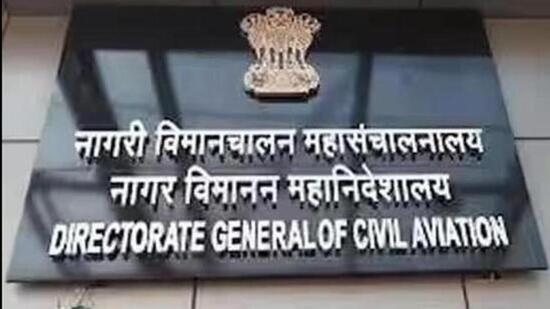DGCA directs airlines to improve passenger support amid Pak airspace restriction
This comes as the Pakistan airspace restrictions have disrupted flight paths, resulting in longer block times and the need for operational halts at intermediate airports
New Delhi: Amid the closure of Pakistan airspace for Indian airlines and aircraft, the civil aviation regulator, the Directorate General of Civil Aviation (DGCA), has instructed the airlines to implement a set of mandatory passenger handling measures to address extended flight durations and possible technical stops.

This comes as the Pakistan airspace restrictions have disrupted flight paths, resulting in longer block times and the need for operational halts at intermediate airports.
As per the new DGCA directive issued on Saturday, the airlines have been asked to proactively inform passengers about revised flight routes, total expected travel time from departure to arrival, and the possibility of technical stops.
The advisory by the DGCA said that passengers must be clearly told that such stops are operational in nature, and that they will generally remain onboard during these halts. This information should be shared at check-in counters, boarding gates, and, where feasible, through SMS or email alerts.
It also said that, to ensure passenger comfort, airlines must revise in-flight catering to match the new flight durations. “This includes providing adequate meals, beverages, additional hydration, dry snacks, and any special meals requested as per the passenger manifest,” it said.
The regulator also said that medical preparedness is also a priority and instructed the airlines to ensure that onboard first-aid kits are adequately available and that alternate or technical stop airports are equipped with emergency medical support and ambulances.
The DGCA said that the cabin crew members operating such flights must be briefed on handling passenger fatigue, discomfort, or medical situations.
The regulator clarified that the airlines are also expected to prepare their customer service teams for potential delays, missed onward connections, and any required assistance or compensation in line with Civil Aviation Regulations (CAR).
For this, the DGCA emphasised that there should be strong internal coordination among flight dispatch units, customer support teams, ground handling services, inflight providers, and medical vendors at designated alternate airports.
The circular has been issued as a mandatory guideline to safeguard passenger safety, comfort, and regulatory compliance. The DGCA warned that failure to adhere to these measures may lead to enforcement action.
‘The directive is effective immediately and will remain in force until further notice,” the advisory concluded.






